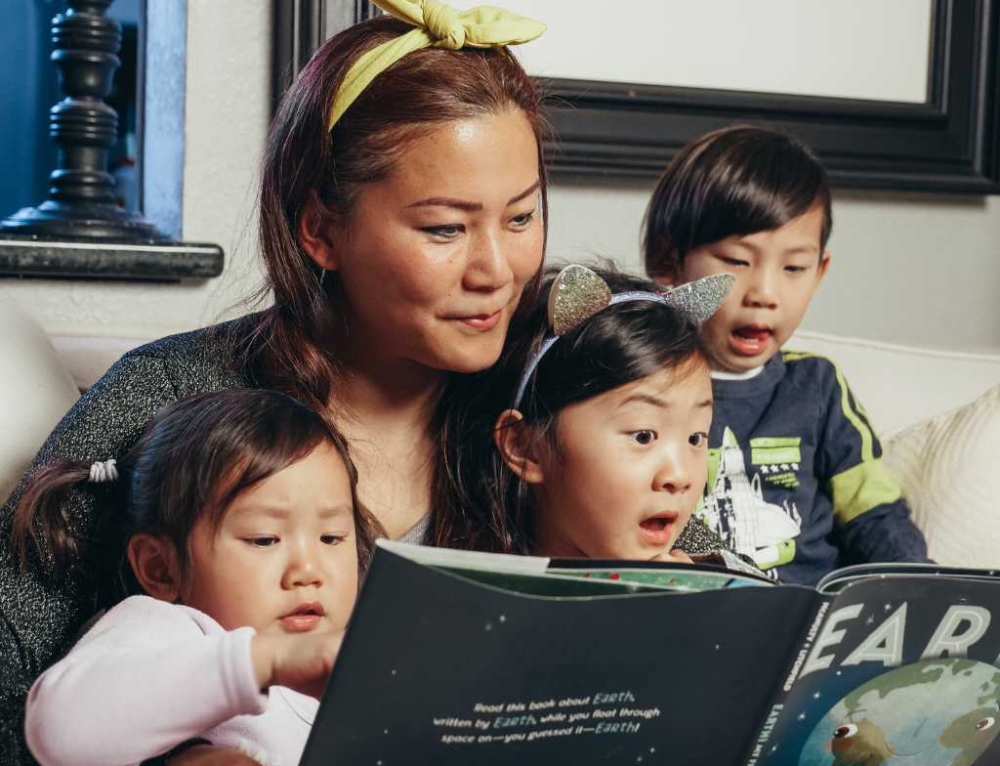New Zealand’s schools are proactive about preventing bullying – or they should be.
“To meet the National Administration Guideline 5 requirements for a safe physical and emotional school environment, all schools should have a policy that defines bullying and sets out how the school community will address it.” NZ Ministry of Education
Teachers have access to resources on how to deal with the problem, how to discuss the issue with students and what to do if bullying is found to be occurring. Schools, private and public, nationwide are encouraged to develop anti-bullying programs and strategies. The general philosophy is that every student should be able to feel safe and secure in the school environment.
For more information, talk to your own school about their anti-bullying policies or to find out more visit the Ministry of Education website.
What to do if your child is the bully
Schedule an appointment to talk with school staff including your child’s teacher(s) and the school counsellor. Share your concerns. Work together to send clear messages to your child that bullying won’t be accepted at home or at school and must stop. Set up a hierarchy of clear consequences that do not involve punishment, but rather actions of apology and new respect towards kids who were bullied. Let your child know that acting with respect and kindness towards others is the true form of power. Always have these conversations modelling calm, gentle and loving ways of speaking.
What to do if your child is bullied
Talk with your child’s principal and classroom teacher about the situation. Make it clear that you are committed to partner with the school in being part of the solution. Also emphasize that your expected outcome is that your child’s ability to feel safe and happy at school is fully restored. Ask the principal to share the school’s bullying policy, and make sure any action plan begins with notifying other teachers, recess aids, hallway monitors, and cafeteria staff so that everyone who comes in contact with your child can be on the lookout and poised to intervene should the bullying be repeated.
What’s the next step?
If you feel the school is not treating a situation seriously, make an urgent appointment to see the principal, who can explain the school’s policies and procedures to have the matter resolved as quickly as possible. If you are unhappy with a school’s response, you should address the Board of Trustees. If the issue is not resolved, consider asking your local MP for advice.
The Office of the Children’s Commissioner recommends that, when schools are responding to reports of bullying, parents and students should expect:
- to be heard and responded to sensitively and not to be dismissed
- to be told that the report will be investigated and that there will be a response
- to receive feedback on the situation and to have the incident responded to in an appropriate way
- to be protected from negative consequences of their reporting
- that the school or kura will intervene and support initiators, targets and bystanders that are involved in bullying behaviour
- Source: NZ Ministry of Education
This article was written by Fiona Baker, former editor in chief of Mother & Baby, Pregnancy & Birth and Wondertime magazines, for Kidspot. Sources include Bullying No Way, National Centre Against Bullying, Raising Children Network, and Bullying Hurts. Additional editing by Kidspot NZ.
Read more on Kidspot:







Leave A Comment
You must be logged in to post a comment.